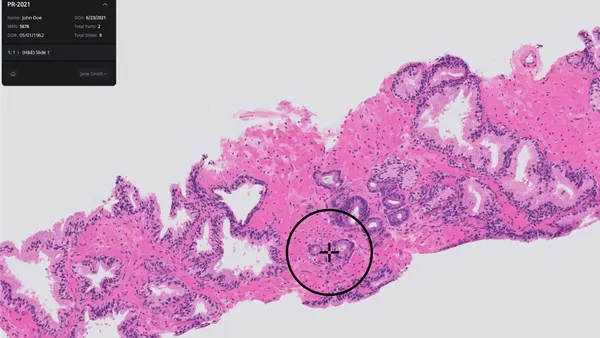Dive Brief:
- Fresenius Medical Care has agreed to pay $5.2 million to settle allegations that it overbilled Medicare for testing of dialysis patients, the U.S. Attorney's Office said Wednesday.
- The U.S. Department of Justice alleged Fresenius overbilled Medicare for more than seven years by ordering hepatitis B tests for patients it knew to be immune to the virus.
- The Centers for Medicare & Medicaid Services (CMS) did allow separate billing for hepatitis B tests at the time the alleged overbilling took place, but only if the patient lacked antibodies against the virus.
Dive Insight:
The current Medicare Benefit Policy Manual for end-stage renal disease states that hepatitis B testing is included in the bundled prospective payment system and cannot be billed separately. That policy came into force in 2011. Before then, dialysis testing sites could bill separately for the hepatitis B surface antigen test, provided they followed the schedule CMS put forward.
Some dialysis patients need testing frequently for hepatitis B as they are susceptible to the virus, which affects the liver. However, the CMS schedule stated dialysis centers shouldn't perform ongoing hepatitis B tests on patients known to have antibodies against the virus. Working from information a whistleblower provided, DOJ accused Fresenius of breaching that rule.
"In many cases, Fresenius performed and billed Medicare for these tests for immune patients against their treating physicians' orders and without any accompanying documentation of medical necessity," DOJ said in a statement.
According to the government, Fresenius "conducted, and billed Medicare for, frequent tests of patients it knew to be immune." Fresenius allegedly conducted those unnecessary tests from February 2003 to the end of 2010, after which time hepatitis B testing was included in the bundled prospective payment system.
The allegations are based on the testimony of a former Fresenius employee, Christopher Drennen. Under the terms of the False Claims Act, Drennen is set to receive 27.5% of the settlement.
The settlement marks the second time this year Fresenius agreed to pay to resolve a case brought by the government. In March, Fresenius agreed to pay $231 million to resolve allegations it participated "in various corrupt schemes to obtain business in multiple foreign countries." Fresenius was charged with paying millions of dollars in bribes across the globe to gain a competitive advantage in the medical services industry.











